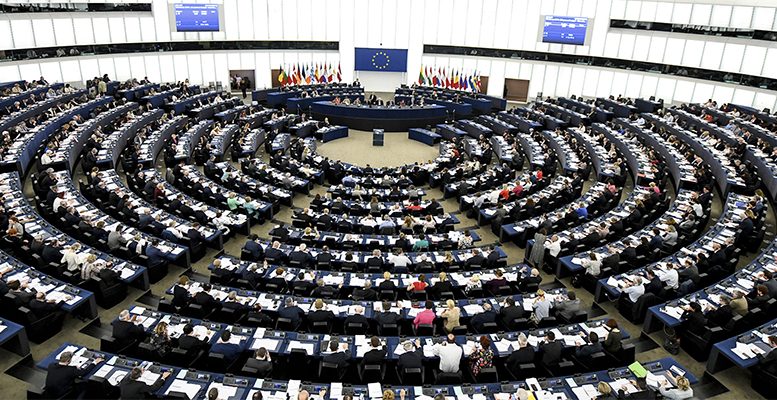The destruction of wealth in Europe continues. A Libor based deposit would have returned -0.4% so far this year given that 3-months rates are still in negative territory. “It will be the same next year even if the European Central Bank does start to adjust its policy rate after the summer. The first move in rates may not even see the deposit rate reach zero, meaning that cash returns in 2019 as a whole are still likely to be negative- and in real terms even more negative given inflation between 1% and 2%,” explains Chris Iggo, CIO Fixed Income at AXA IM.
Euro equity portfolios are generally showing negative returns this year and only those conservative enough to have held on to long-dated German bunds would have made any positive return in the bond market. In fact, cash returns in Euro have been negative since 2015 and the average return from a Euro broad-based bond portfolio will have been just 1% per year since 2015. Equities did well in 2017 but have given most of that back this year. All in all, it’s been sorry few years for European investors.
For Iggo, that wealth destruction surely has political consequences:
We often talk about the wealth effect in the US and this has been very positive in recent years. We could argue about the reasons for President Trump’s victory in 2016 but there is no doubt that his ability to claim credit for the US economic boom and the generational low in unemployment underlines his popularity with a very large constituency of US voters.
Voters have jobs, they have seen home prices continue to rise and their 401k portfolio returns have been very positive. Not to mention the increases in take-home pay as a result of lower taxes. So Trump’s populism today is largely based on the great economic performance of the US and the impact this has had on wealth.
In 2019 Europe will hold elections for the European Parliament. There has to be a risk that populists will receive more support precisely because Europe does not have the experience of the United States in terms of job and wealth creation.
To me this is a major risk for European markets in 2019 and the elections could be potentially just as damaging to unity in the European Union as Brexit and the Italian budgetary saga. The pressure from the electorate might be to force change in the way Europe is managed and to take steps to boost growth.
With a more difficult global environment this is likely to come in the form of more active fiscal policies. Maybe the Italians are correct and that what they are trying to do from Rome will become a blueprint for other nations within Europe?





